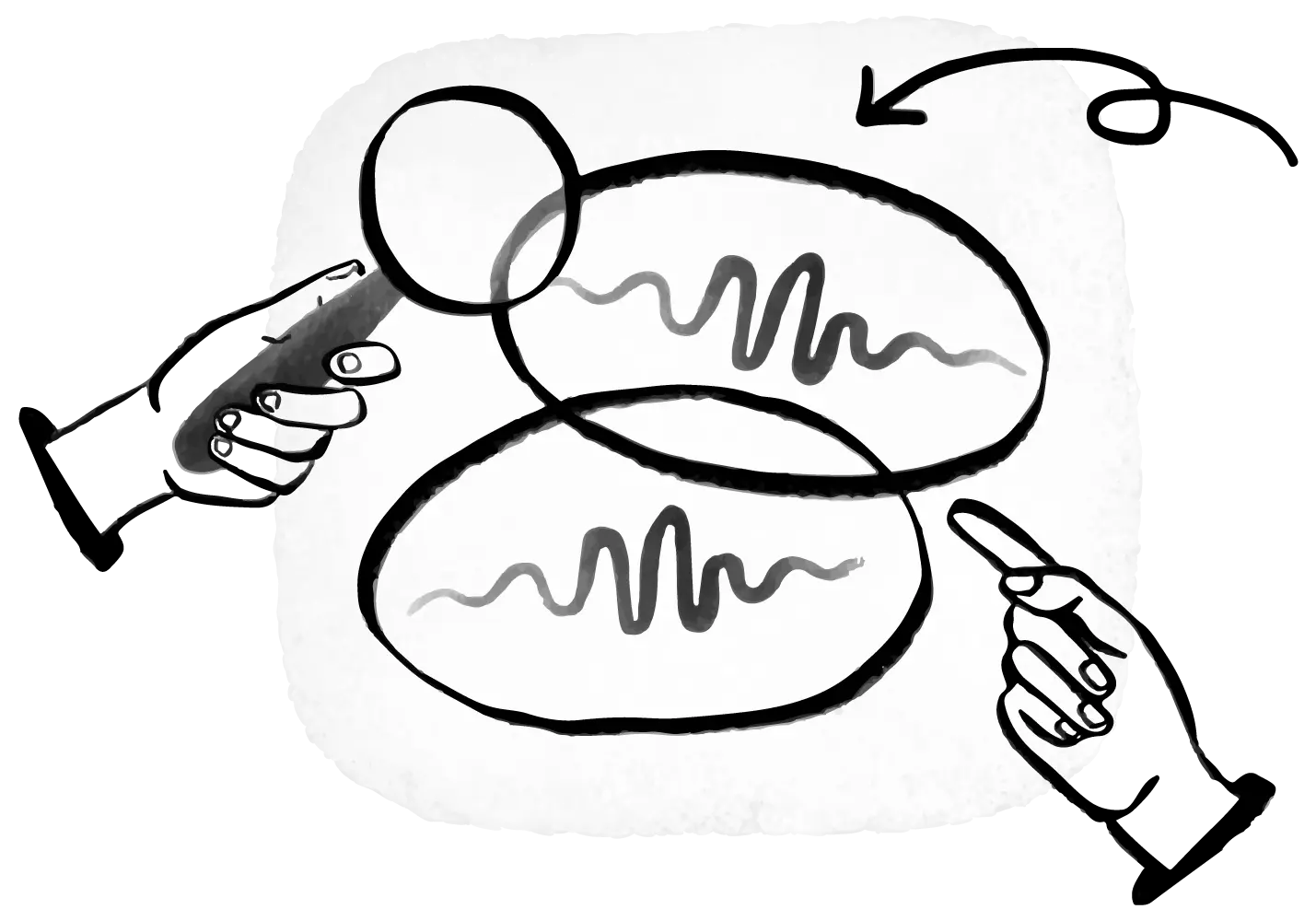Online CPD for Psychologists: Foundations of Therapy Talk
Uncover the mechanisms of therapeutic talk and gain tools to understand, repair and guide better client interactions.

Taught by Dr Amelia Church,
one of Australia's leading experts in conversation analysis.

What you'll gain
6 hours of online CPD training
Unlimited access to self-paced content
Tools designed to complement clinical practice
Guided reflections shared with other course participants
Feedback and 'Ask Amelia' throughout the course
Certificate of completion for CPD records
Enrol now for $250What you'll learn
Therapeutic talk is collaborative – discover the sociological rules that make it work.
Learn the building blocks of interaction
Explore the rules of talk to deepen your understanding of therapy as a co-constructed activity.

Recognise patterns that govern outcomes
Learn to identify and apply actions that can guide or repair client interactions.

Gain a new perspective on your clinical practice
Examine how the structures of everyday conversation leverage therapeutic progress.

Course benefits
Gain access to the only course for psychologists by a conversation analysis expert.
Every module features guided activities, real-world data extracts and prompts for reflection.
Learn at your own pace – each module in the course can be completed in your own time.
Unlimited and ongoing access to the five key topics in conversation analysis for psychologists.
1
Turn taking
Every interaction is governed by turns at talk. Understand the three systematic rules of conversation that structure, influence, and manage the foundation of clinical interactions.
2
Sequences
Conversation is a series of social actions. Explore how contingent actions allow us to make sense of one another and provide the vehicle for therapeutic outcomes.
3
Repair
Repair allows us to maintain mutual understanding throughout a conversation. Identify the mechanisms that fix misunderstanding to manage, moderate and improve the quality of psychologist-client communication.
4
Formulations
Consider formulations as an interactional move. Examine how they are structured to constrain or expand client responses and steer therapeutic talk in a meaningful direction.
5
Interpretations
Examine how interpretations balance knowledge authority (epistemic stance) between the therapist and client to co-construct and negotiate meaning.
Why it works
Observe patterns in real therapy data through the lens of research in conversation analysis.
Develop deeper insight into how we understand one another and equips psychologists with proven interaction tools to shape meaningful change.
Gain access to the only course for psychologists by a conversation analysis expert.
Want to know more?
See our FAQs or contact us directly to learn more about how TALK Research supports professional learning for psychologists and counselors.
